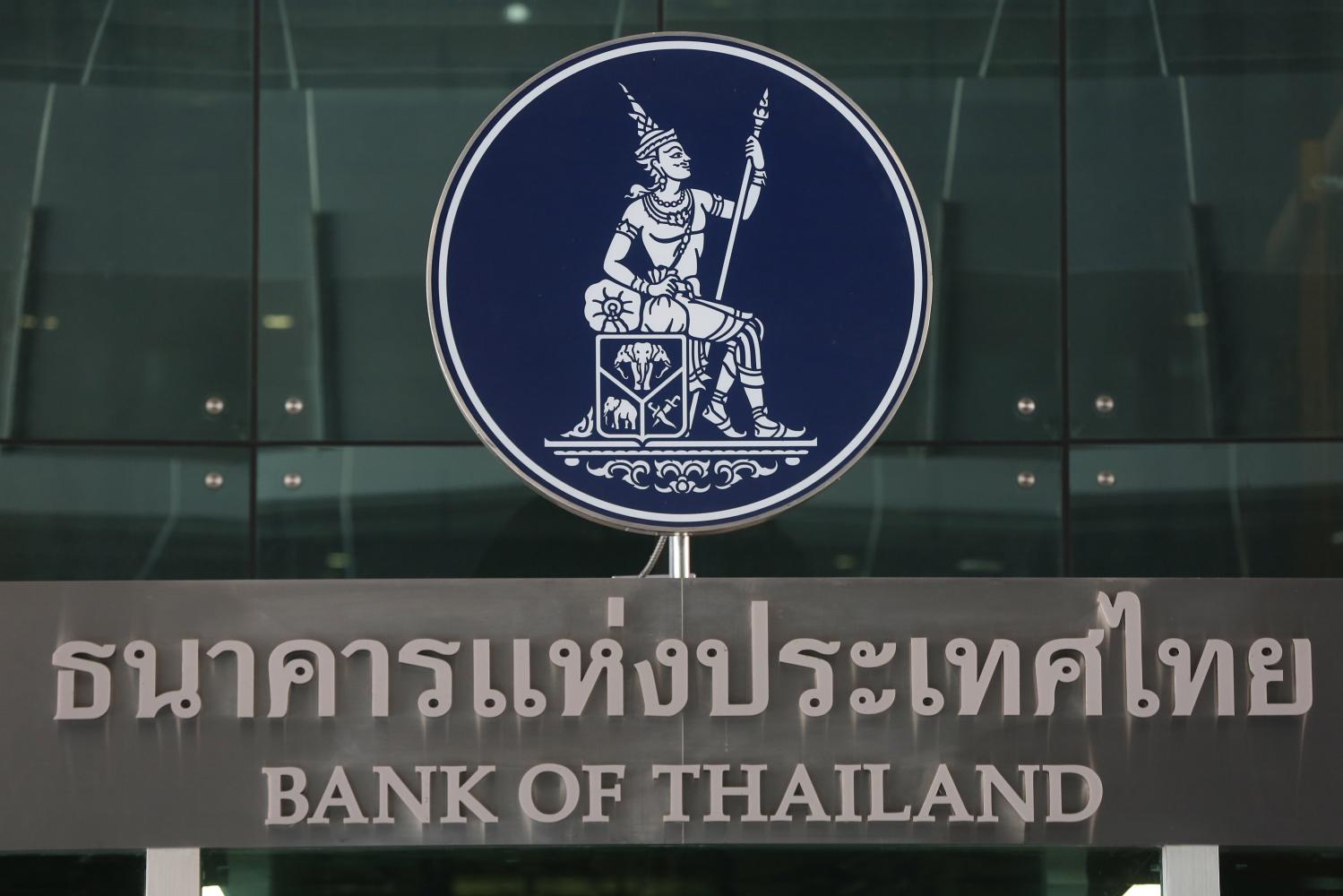
The Bank of Thailand is open to legal digital currencies and plans to issue a consultation paper on stablecoins within the first half of this year.
Siritida Panomwon Na Ayudhya, assistant governor of payment systems policy and financial technology at the central bank, said the bank has only approved baht-backed stablecoin businesses, meaning those classified with electronic money (e-money) licences.
"There are many operators applying for the central bank's approval to issue baht-backed stablecoins under several business models. Some want to expand from existing e-money businesses, while others want to develop new innovative financial services," she said.
The Bank of Thailand has already set out appropriate guidelines for the regulation of financial services involving stablecoins, focusing only on legal baht-backed stablecoins, said Ms Siritida.
These are cryptocurrencies designed to minimise price volatility by being pegged to the baht and are intended to be used as a means of payment. Such stablecoins may be classified as e-money under the Payment Systems Act of 2017.
The regulator oversees risks associated with e-money, such as settlements, money laundering, cybersecurity and consumer protection risks. Operators who intend to provide services involving baht-backed stablecoins are required to consult with the central bank before beginning any operations. This policy is in line with the regulatory guidelines in many countries, such as Britain, Singapore and Japan, she said.
Other forms of stablecoins (including foreign currency-backed stablecoins, asset-backed stablecoins and algorithmic stablecoins) are not illegal, said Ms Siritida. The central bank is open to receiving comments and feedback before enacting the appropriate regulatory guidelines, she said.
The central bank's move to clarify the stablecoin business in Thailand comes after it warned people to refrain from participating in any activities involving Thai Baht Digital (THT), as there are no legal assurances or protections and users could be at risk of cybertheft or money laundering.
Any activities involving the new stablecoin THT (created abroad on the Terra platform) are considered illegal. The creation, issuance, usage or circulation of any material or token for money is a violation of Section 9 of the Currency Act 1958, the central bank said in a statement on Wednesday.
Ms Siritida said the Bank of Thailand sees the benefits of financial technology and is ready to embrace new innovations to improve financial services. In this regard, the central bank is in the process of developing a Retail Central Bank Digital Currency (Retail CBDC) to meet the needs of the general public, improve service efficiency in the business sector and increase access to financial services.
The central bank is scheduled to issue a direction paper on Retail CBDC next month and hold a public hearing process. The development of both Retail CBDC and the existing Wholesale CBDC will proceed hand-in-hand, she said.
"The central bank will continue to closely monitor the developments of new technologies, taking into account the benefits and related risks in an effort to adopt policies supportive of promoting economic development while maintaining financial system stability," said Ms Siritida.
The central bank's assistant governor Pruettipong Srimachand insisted yesterday THT is considered illegal and that it intends to replace the baht because one unit of THT is denominated in and valued at one baht.
"Given the offshore platform of Terra, the Bank of Thailand's regulations do not cover THT," said Mr Pruettipong.
"We would ask for collaboration with regulatory bodies overseas to manage the risk."
Apart from the baht, nine other currencies worldwide are credited on the Terra platform.
THT has logged around 1,000 transactions accounting for tens of thousands of baht.
In the event of fraud using an illegal stablecoin currency, investors must deal with the risks themselves, he said.